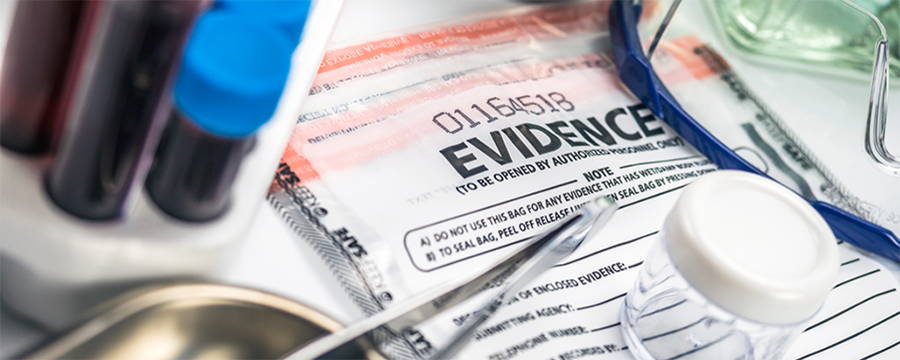The Science Behind Forensic Science
About Course
King's College LondonDescription
Discover the biology and chemistry behind forensic science
How does forensic science really work? How are scientific principles applied in crime scenes? Answer these questions and more with this course from the team who teach the longest-running forensic science programme of its type in England.
On the course you will get an introduction to the chemistry and biology of forensic science. You will examine the methods used in forensic science and learn about how these technique are used in crime scenes and explained in the court room.
Kindly note that the course material was produced before COVID-19 distancing and restrictions were put into effect. To learn more about COVID-19 advice and guidance at King’s College, please visit this page.
Who will you learn with?
Kim’s area of expertise is biomarkers of substance misuse and investigating the detection of drugs in different matrices. She has been particularly involved in drug-driving research in this regard.
David Ballard is a researcher in forensic genetics and the senior scientist within the ISO17025 accredited DNA analysis at King’s unit. Dr Ballard has over 15 years’ experience in forensics.
A professor of forensic genetics and expert witness with over 25 years’ experience in criminal justice leading a research group, supervising PhD students and running an ISO17025 MoJ laboratory.
Gabriella is a Forensic Scientist in the ISO17025 accredited DNA analysis at King’s laboratory and is carrying out a PhD in Forensic Metagenomics.
Who developed the course?
King’s College London, established in 1829 and a founding college of the University of London, is one of the world’s leading research and teaching universities, based in the very heart of London.
What Will I Learn?
- Demonstrate an understanding of how a crime scene is evaluated and some of the analytical techniques required for an analysis of the evidence.
- Apply the chemistry knowledge acquired to approach the learning and understanding of more sophisticated techniques used in forensic science
- Demonstrate an understanding of the genome that enables them to comprehend forensic DNA analysis
- Demonstrate an appreciation of strengths and limitations of an adversarial judicial system in giving forensic evidence
Topics for this course
Crime Scene Management
A gruesome discovery00:01:00
The first case00:05:01
How to take good forensic notes
Crime scene strategy
What do you think?
Crime Scene Search and Evidence Recovery
Wrap-up
The reason I signed up for this course was to learn and find out more about forensic science and so far I'm happy with the content given.
A proper introduction is very important. People tend to make their own conclusions about science or any other field that are far away from the intended idea of that particular field.
Very stimulating and very interesting i think it reshaped a bit what i would like to do in my life opening a bunch of new possibilities!
All major topics in Forensic Sciences covered and addressed well.







